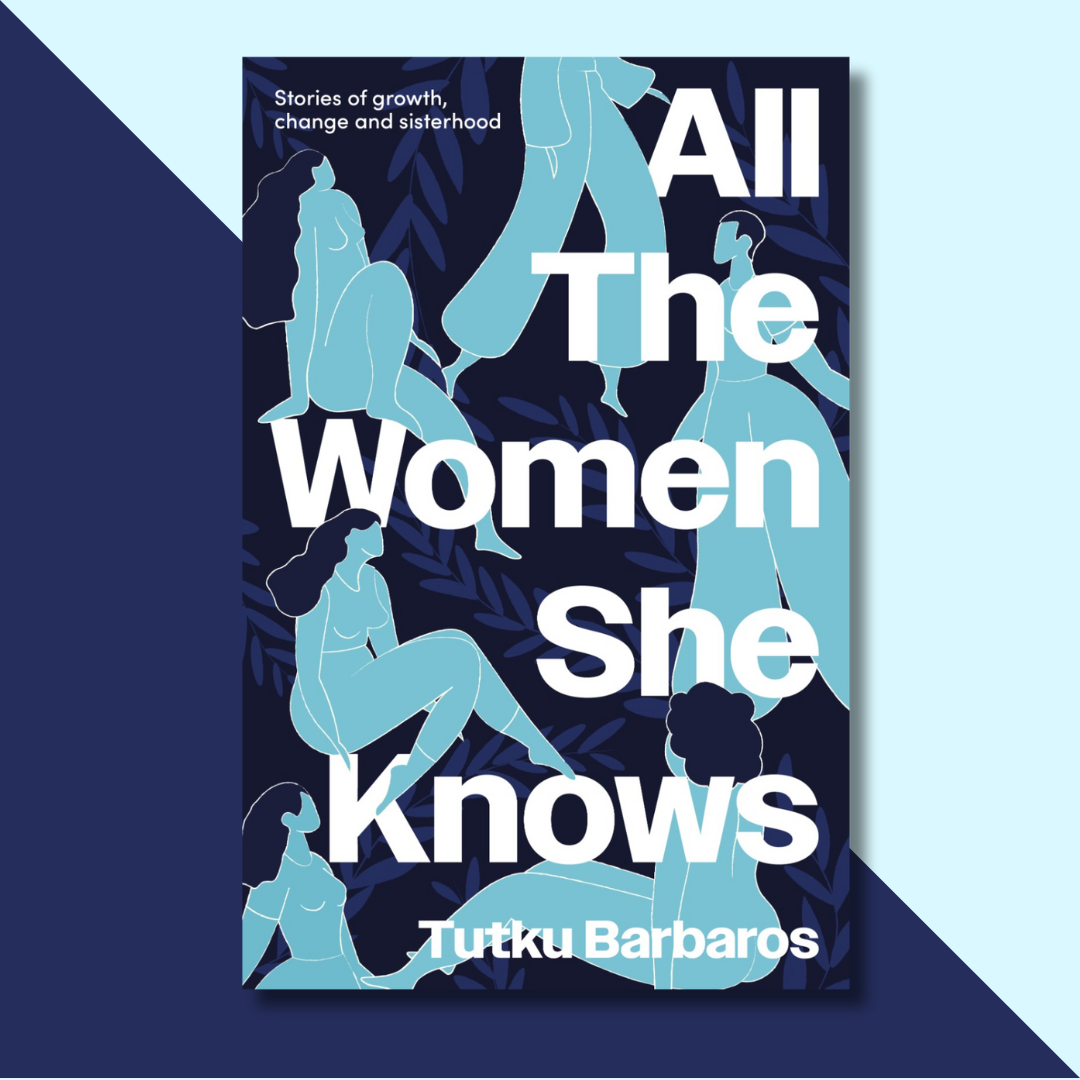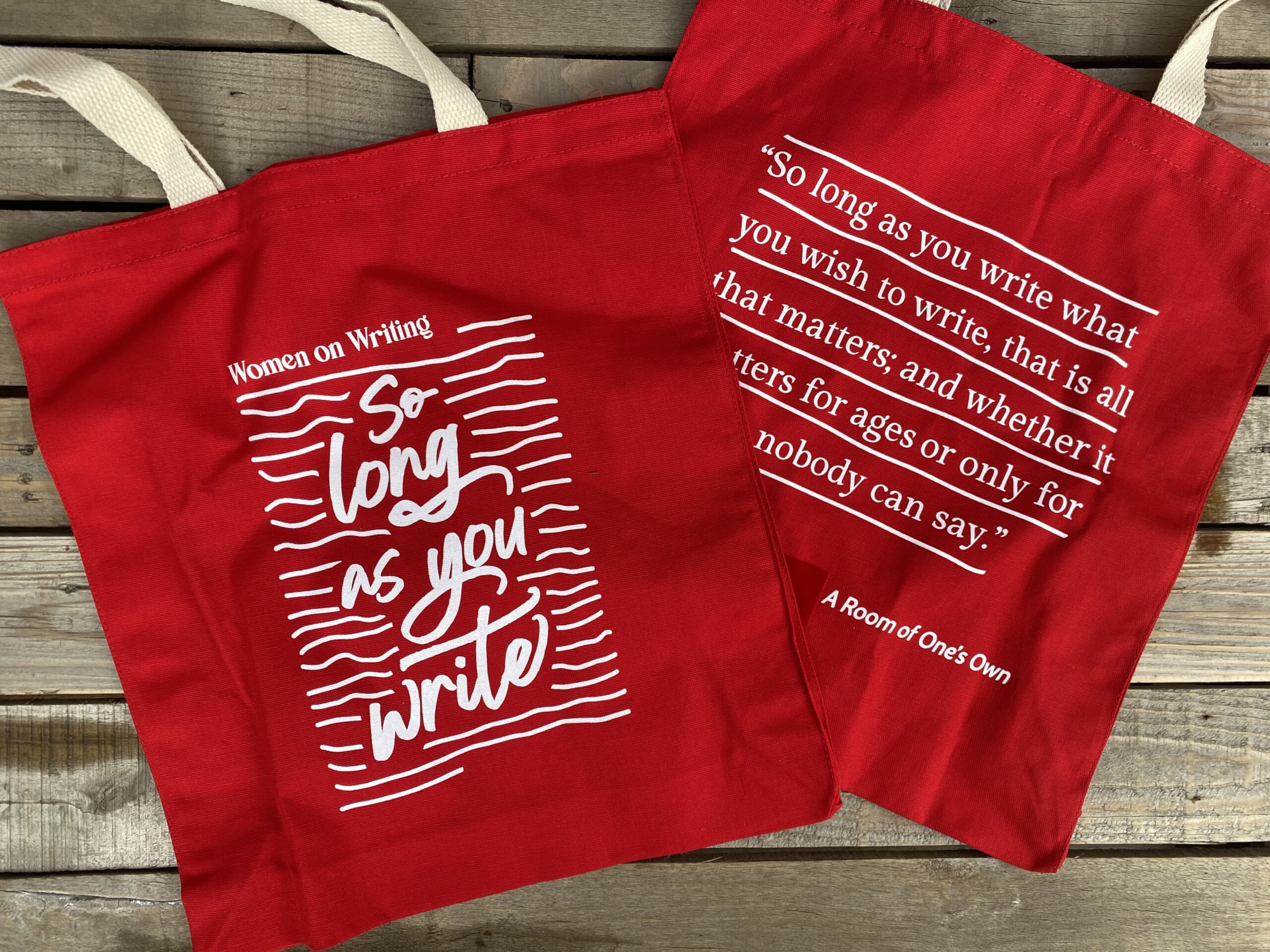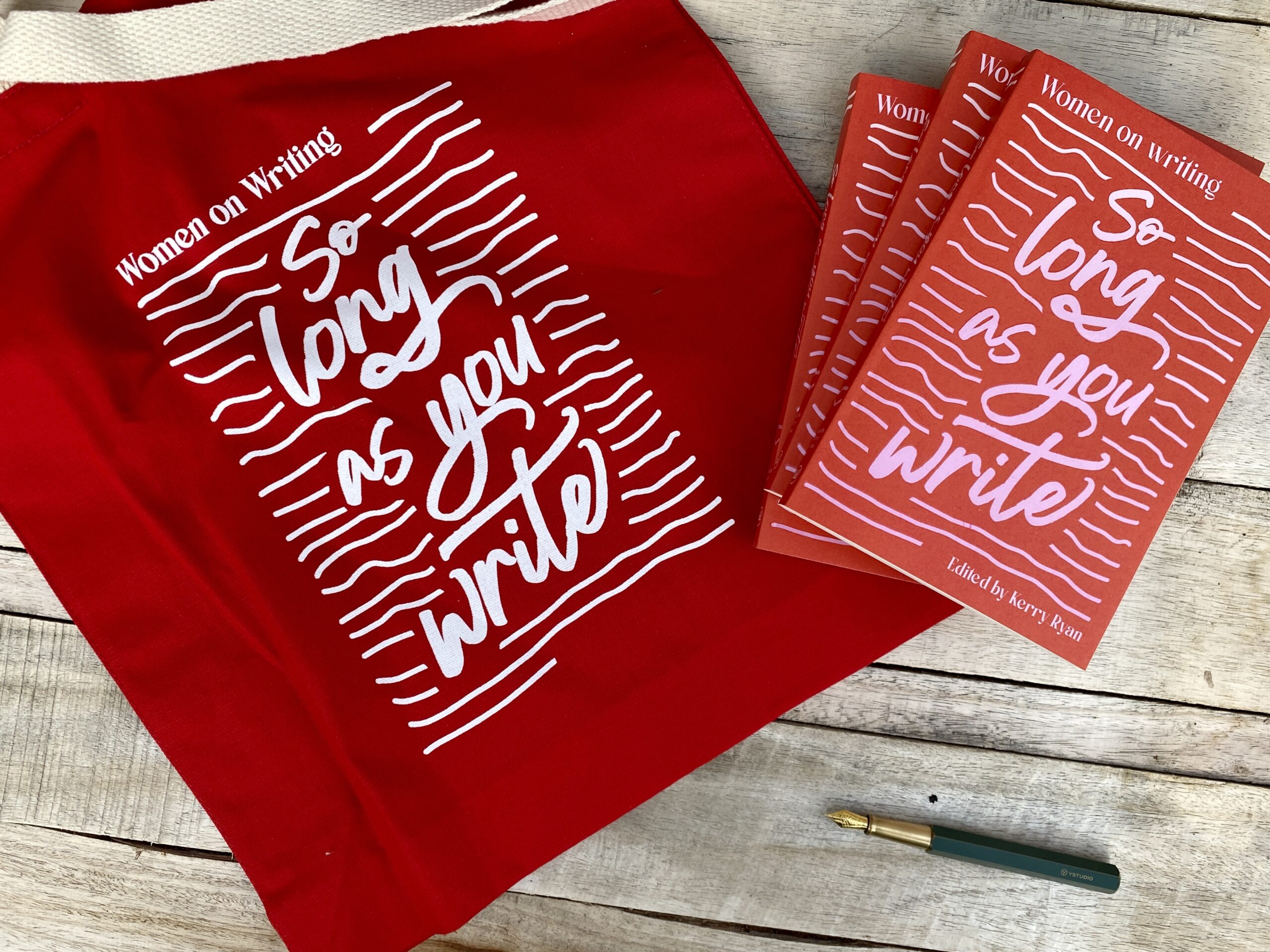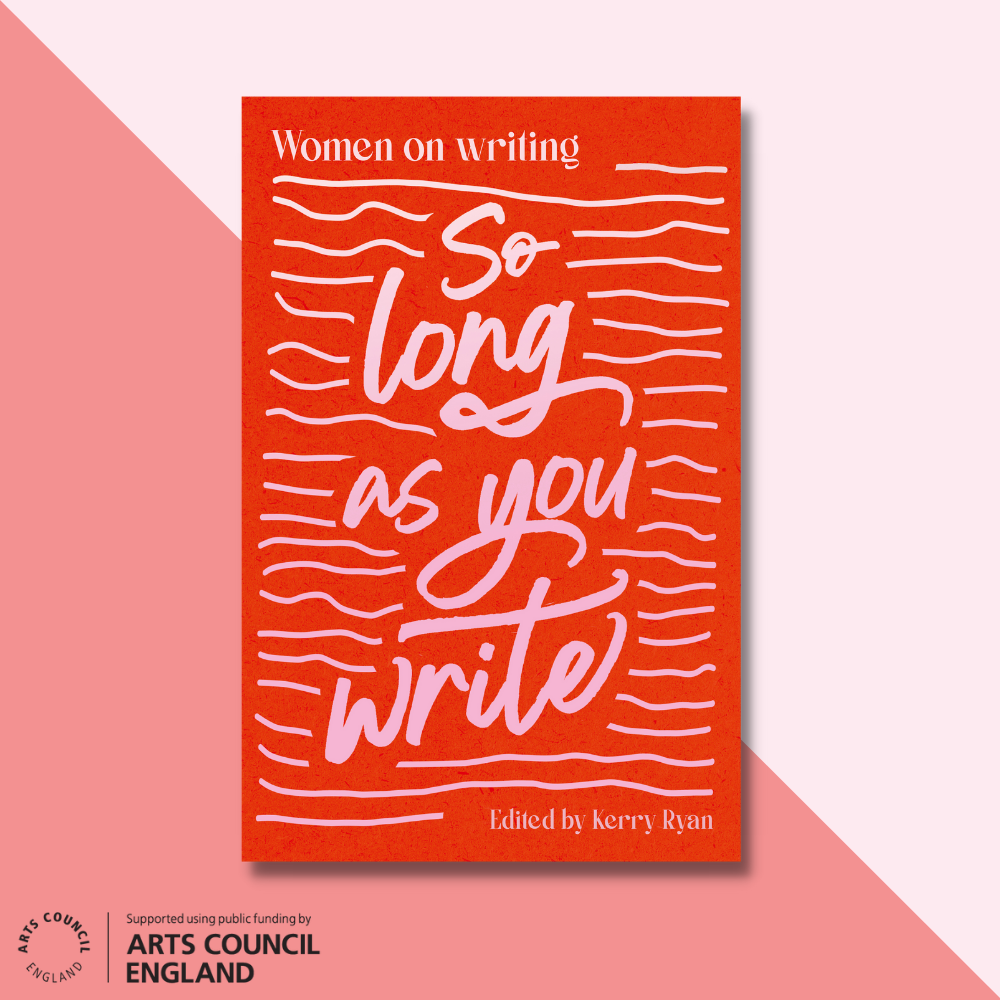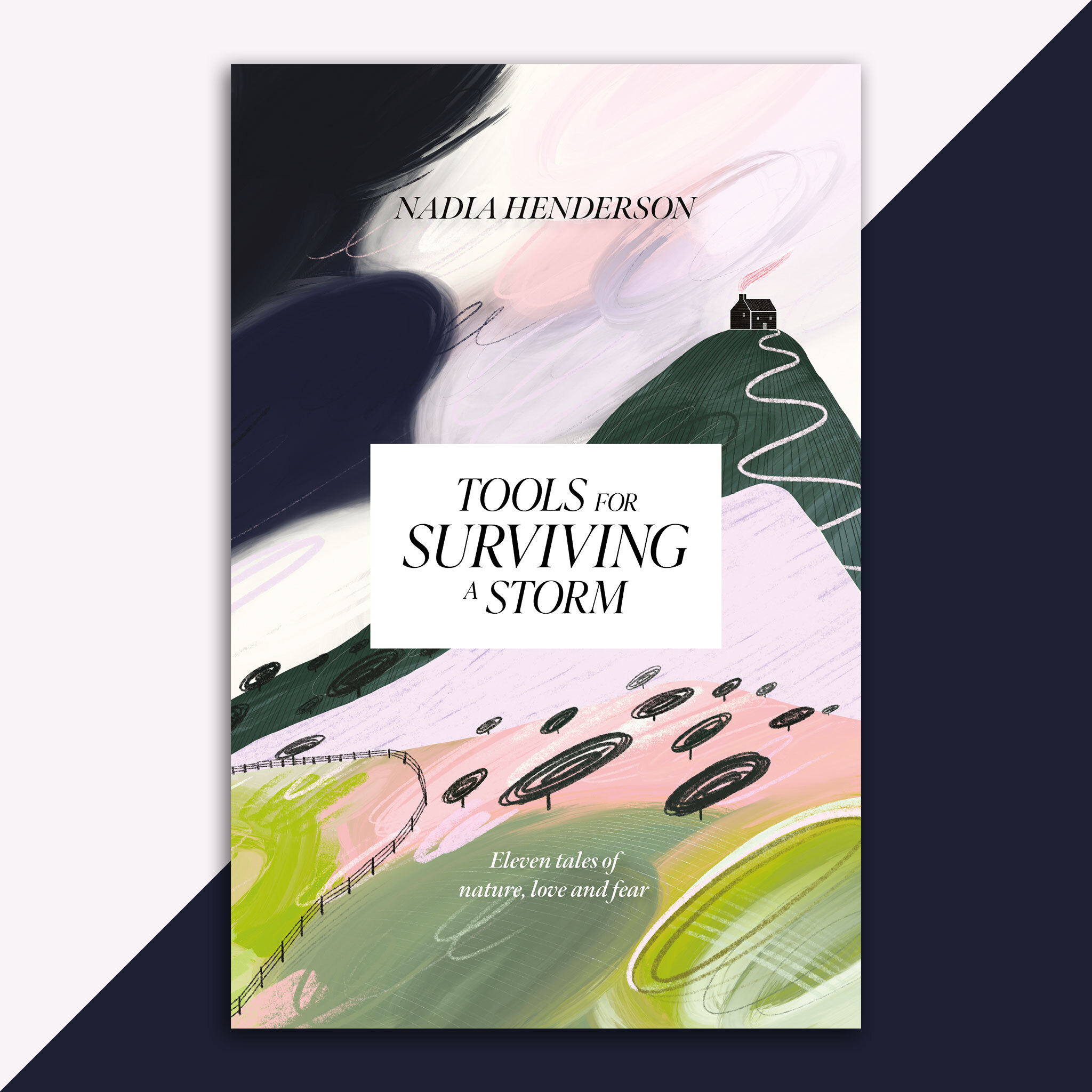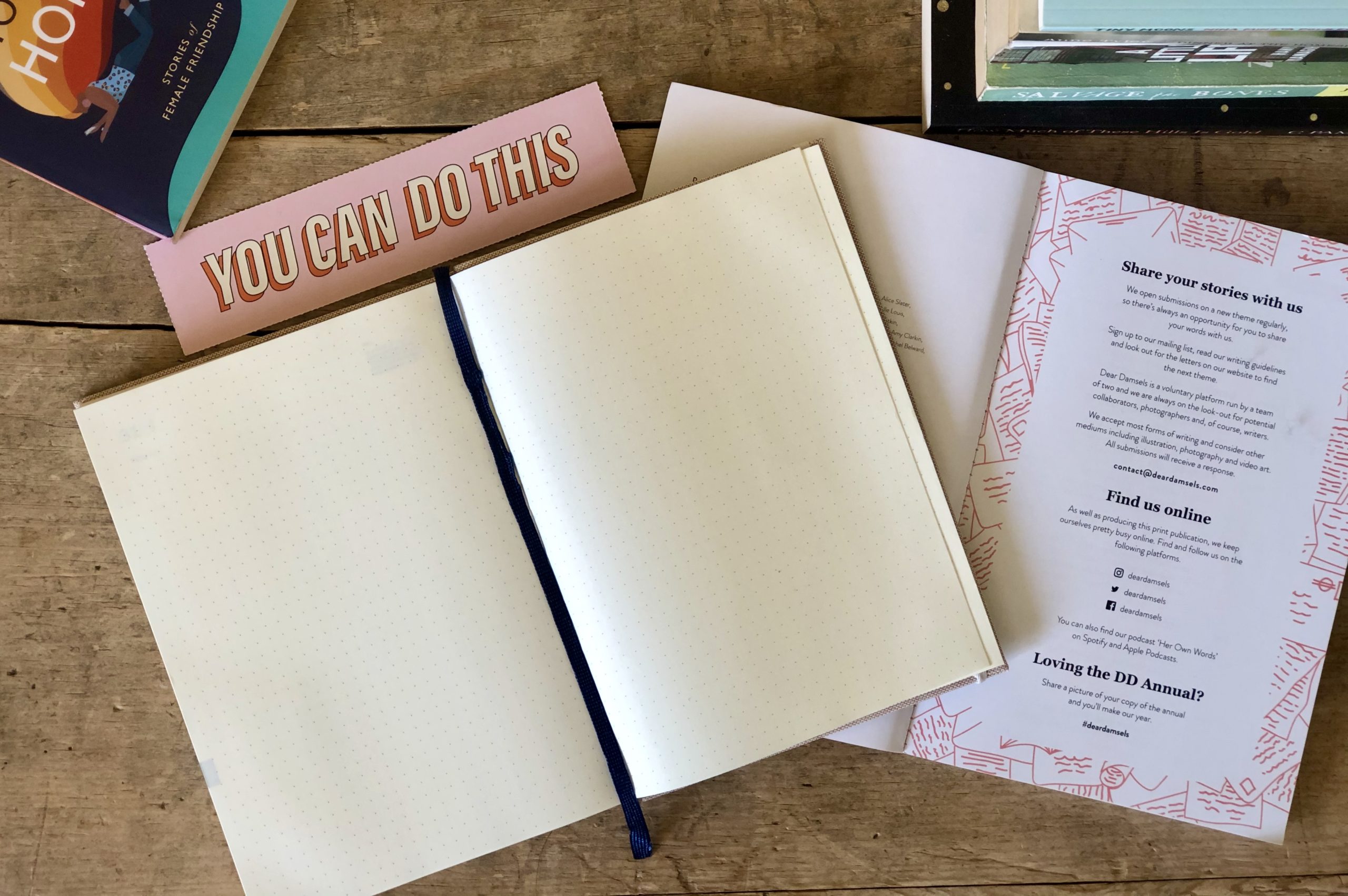Gravestones
by Jonatha Kottler
One year my brother came back to our home town, where he hadn’t lived for a long time. He did all the things you do when you’ve moved away from home and are finally back – he went to favourite restaurants, and saw people he had missed. He visited the house we grew up in, and the friend who used to live across the street.
With these rituals complete, he went to a flower shop one morning and bought two wreaths, not huge ostentatious ones, but clearly expensive. Beautiful lilies and sweet-smelling blossoms whose names I didn’t know, but whose scent nearly choked me with remembrance. Something some long-ago person brought to the funeral, that even though natural, and flagrantly floral, just smelled like death to me. He was going, my brother, to lay these wreaths on our parents’ graves. One of them, he’d made sure, was well-saturated with water – the trip to the national cemetery where our father, a Marine, was buried would take longer and he didn’t want it to wilt.
When he asked me if I wanted to come with him, my mind was running in different directions – how silly, the flowers were destined to sit and dry in the parched air next to the tombstone, why did he care if they were wilted a bit when they arrived? And really, why at all? Why was he going to graves? Who taught him to do that? (My father had never taken me in my whole life to visit his parents or sister, who were long dead when I was born.) My brother was here from far away and though I lived very near I’d never once thought to stand atop the ground under which my parents’ dead bodies lay. What did he hope to gain from it? And, if I went, would I gain it, too?
“Beautiful lilies and sweet-smelling blossoms whose names I didn’t know, but whose scent nearly choked me with remembrance.”
Once, years ago, I marched with a map in my hands, through a cemetery in Paris, looking to stand at Oscar Wilde’s grave. I could have spent the extra time at the Louvre, but Wilde’s words were written across my heart and I wanted to pay tribute to him. I’d read about his gravestone somewhere – in a novel, in my French textbook? (Since that time they have put up a thick plastic window to keep people from damaging the fragile stone with the lipstick kisses they left upon it, but it’s the sort of adulating damage Oscar would have approved of, I think.) I had a lipstick in my pocket, back then, even though I would never normally wear the stuff.
I followed the map and got turned around. I saw Abelard and Heloise, medieval lovers united in death as they couldn’t be in life. I followed a group, assuming they were on my same pilgrimage, but stopped short when they sank down in front of Jim Morrison’s grave. Finally, footsore, I found it – an Egyptian-style monument. I swiped lipstick across my mouth like notching an arrow and leaned to kiss the stone. I felt tears rise up in my eyes, for what he stood for and for how he died. And this made sense to me.
But my parents? My father’s strong hands, when he was the biggest man in the world to me. And then those same hands made frail. My mother, more a memory of a photograph than a real person to me. What good would come of laying flowers near a stone he’d never chosen, she’d never seen? Something in me wanted whatever it was that my brother was going to get from taking this pilgrimage, but I let him drive away alone to do what he needed to do. I hoped that he could try to understand why I didn’t join him, when I didn’t fully understand it myself.
Jonatha Kottler | @jonatha_kottler
Jonatha Kottler is from Albuquerque, NM where she was a lecturer in the Honors College at the University of New Mexico. She moved with her husband, son and three very well-travelled cats from the USA to Amsterdam before falling head over heels in love with Edinburgh. She is a happy member of Edinburgh’s Write Like A Grrrl community and runs a reading and writing group for the local charity ECAS. She read a piece at Story Shop at the Edinburgh International Book Festival in August 2016 and has an essay in 404 Ink’s collection Nasty Women. She is currently completing her first novel.
